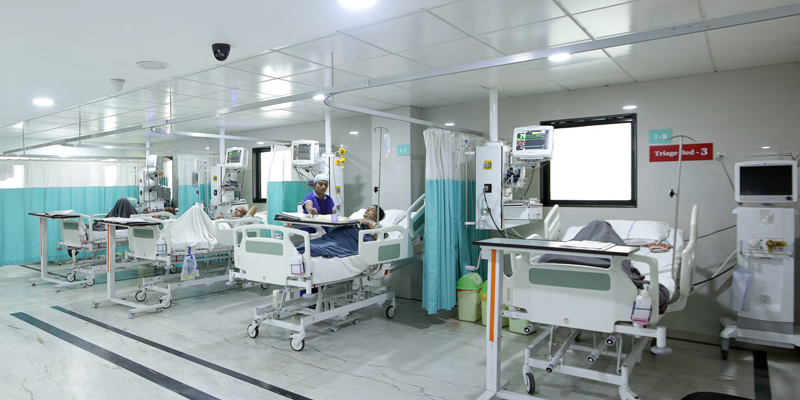- +91 7738949765, 7777087128, 9869392985
- jvkhandge@gmail.com
- Room No 209, 2nd Floor, Doctor House, Sector 21, Nerul.

The Inpatient Department (IPD) provides care to patients who require hospital admission for observation, treatment, or surgical intervention. IPD services cater to individuals with severe illnesses, injuries, or those requiring intensive monitoring and care that cannot be managed in an outpatient setting.
Patients are admitted to the IPD based on the recommendation of a doctor, typically after an OPD consultation or in an emergency situation.
Comprehensive diagnostic tests, including lab work and imaging, are conducted to confirm or monitor the patient's condition.
Medical Management: Administration of medications via oral, intravenous (IV), or other routes.
Surgical Procedures: Surgeries or interventions performed in the operating room if required.
Therapies: Physiotherapy, rehabilitation, or counseling, depending on the condition.
Specialized Care: Access to intensive care units (ICUs), neonatal ICUs (NICUs), or other specialized